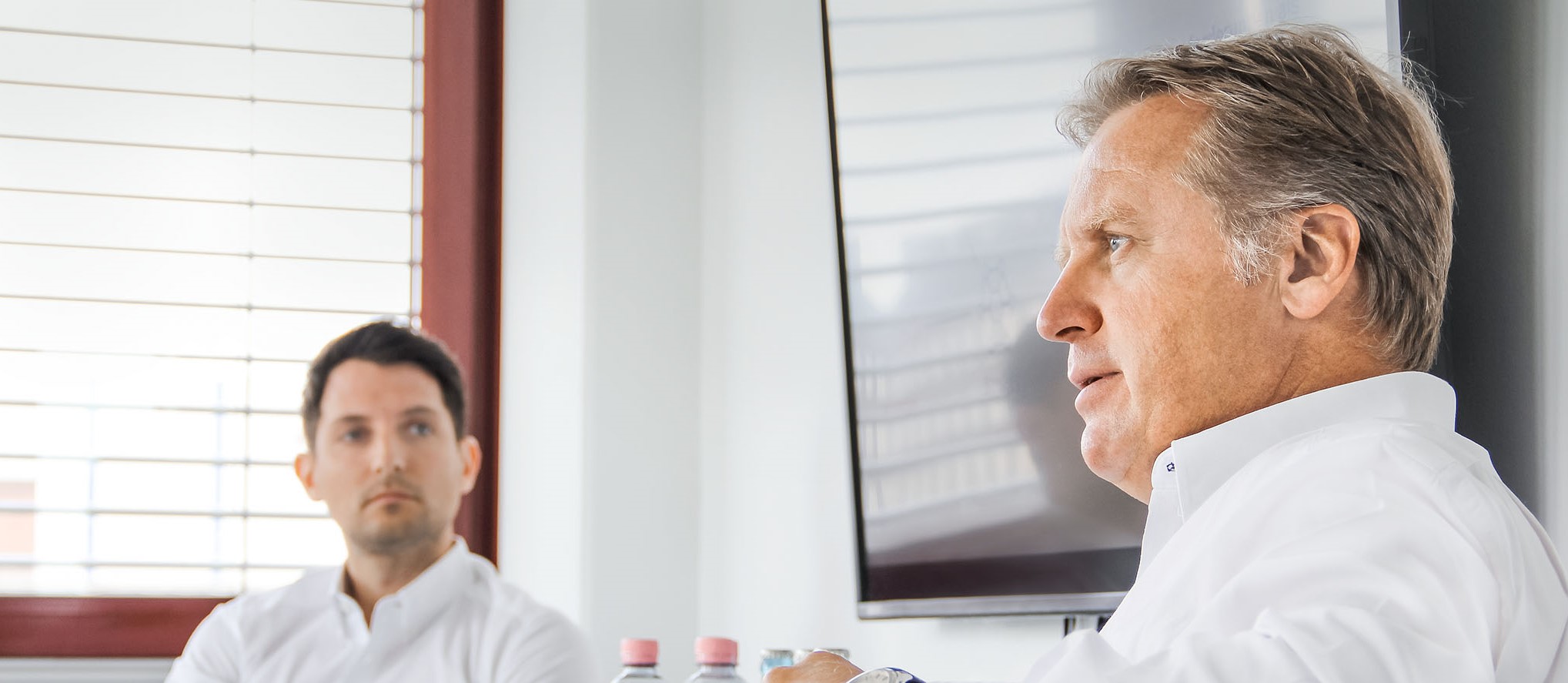“WE TOOK MATTERS INTO OUR OWN HANDS, WHICH IS TYPICALLY FUCHS.”
The FUCHS Group began its journey toward the new FUCHS2025 business strategy in early 2019. Having already enjoyed highly successful and fast growth in the preceding years, the Group was also keen to secure its future growth with this step. One and a half years later, CEO Stefan Fuchs and Rouven Acquaviva, Head of Strategy Development, explain what FUCHS2025 means for the company, its customers, and its employees – while also describing the path to the ultimate goal. A chat about new perspectives, cultural diversity, and team spirit.
BEING FIRST CHOICE – PART 1
In March 2019, fourteen managers from the Group got together at FUCHS HQ in Mannheim, having traveled from all regions of the world. Rouven Acquaviva, who had only been Head of Strategy Development for just a few weeks at this time, was responsible for ensuring that the group would deliver workable results. After all, this meeting was about the future of the company. In fact, it was the first in a whole series of meetings on the development of the new business strategy. CEO Stefan Fuchs, who has been Chairman of the Executive Board since 2004, was also in attendance.
As we move forward to late summer in 2020, Stefan Fuchs and Rouven Acquaviva are sitting in the CEO's office. With the sun shining through the wide window facade and over the pipework on the company premises, the two chat about the FUCHS2025 adventure.
Mr. Acquaviva, why was FUCHS2025 created? What sits at the heart of this strategy?
Rouven Acquaviva: We are looking to use our existing strengths on a more global level and further build on them. To this end, we have created a strategic framework with FUCHS2025.
But why now?
Stefan Fuchs: We were highly successful in the last few years, having enjoyed fast growth, modernized our facilities, and constructed new ones. We have increased both our revenue and earnings. In other words, it is the perfect time to further develop the company in a way that will also allow it to grow in future. This is the purpose of FUCHS2025.
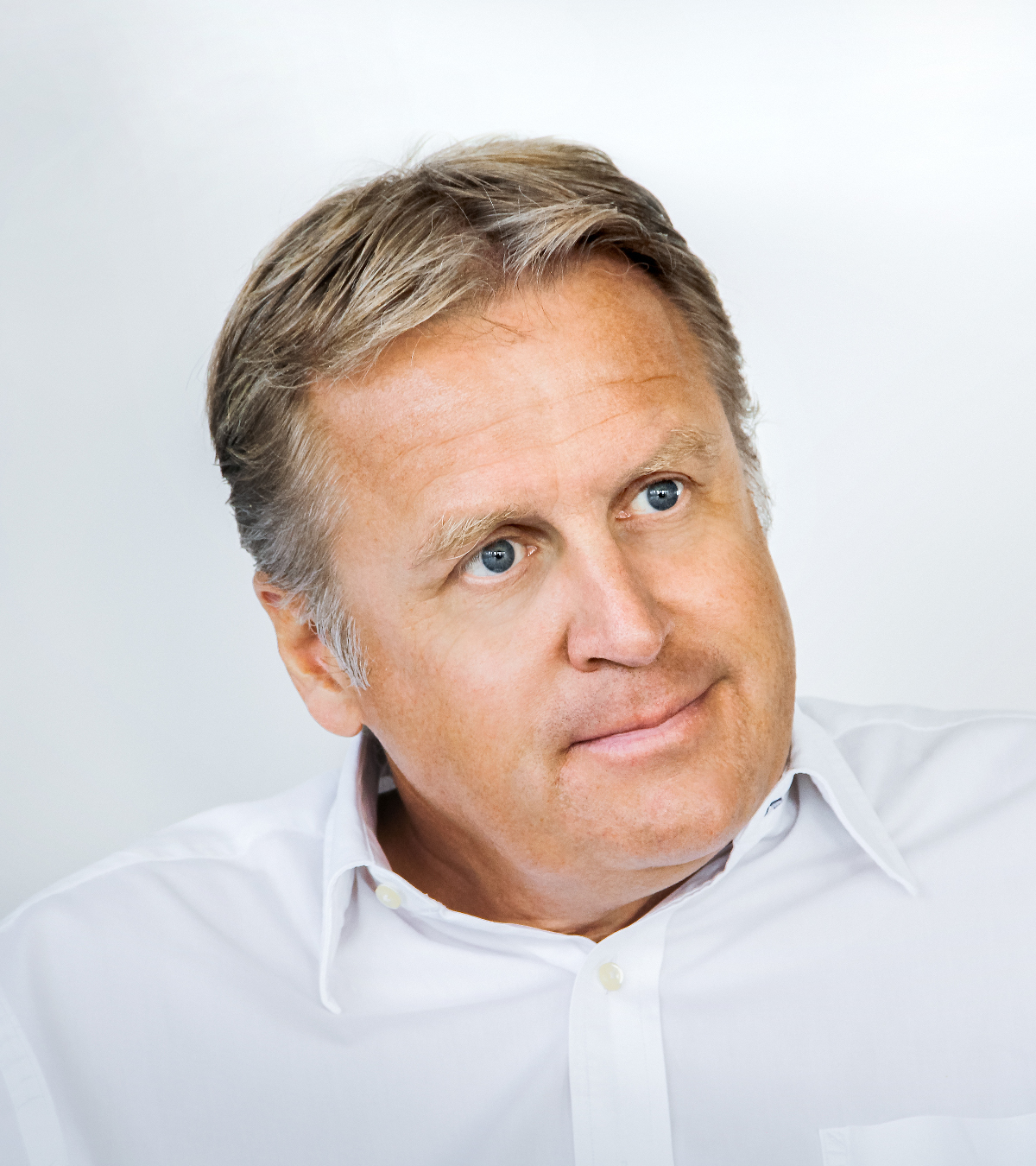
“It is the perfect time to further develop the company in a way that will also allow it to grow in future. This is the purpose of FUCHS2025.”
STEFAN FUCHS, CHAIRMAN OF THE EXECUTIVE BOARD
So, the major objective is further growth?
Stefan Fuchs: Correct. In the past, we have not made full use of our potential and the opportunities presented to us. This is now set to change as we move forward. Our goal is therefore to be the “first choice” everywhere. Whenever someone thinks of lubricants, regardless of whether potential employees or customers, they should think of FUCHS first.
How exactly do you intend to achieve this?
Rouven Acquaviva: We have set ourselves targets. Several of these are very specific – for example bringing all three of our major R&D Centers in Chicago, Shanghai and Mannheim up to the same level of performance and knowledge. Yet we also have targets that take the form of a framework, for example striving to be the technological leader in our target segments. We need to perform regular checks here to determine how these targets can be met in a changing market environment.
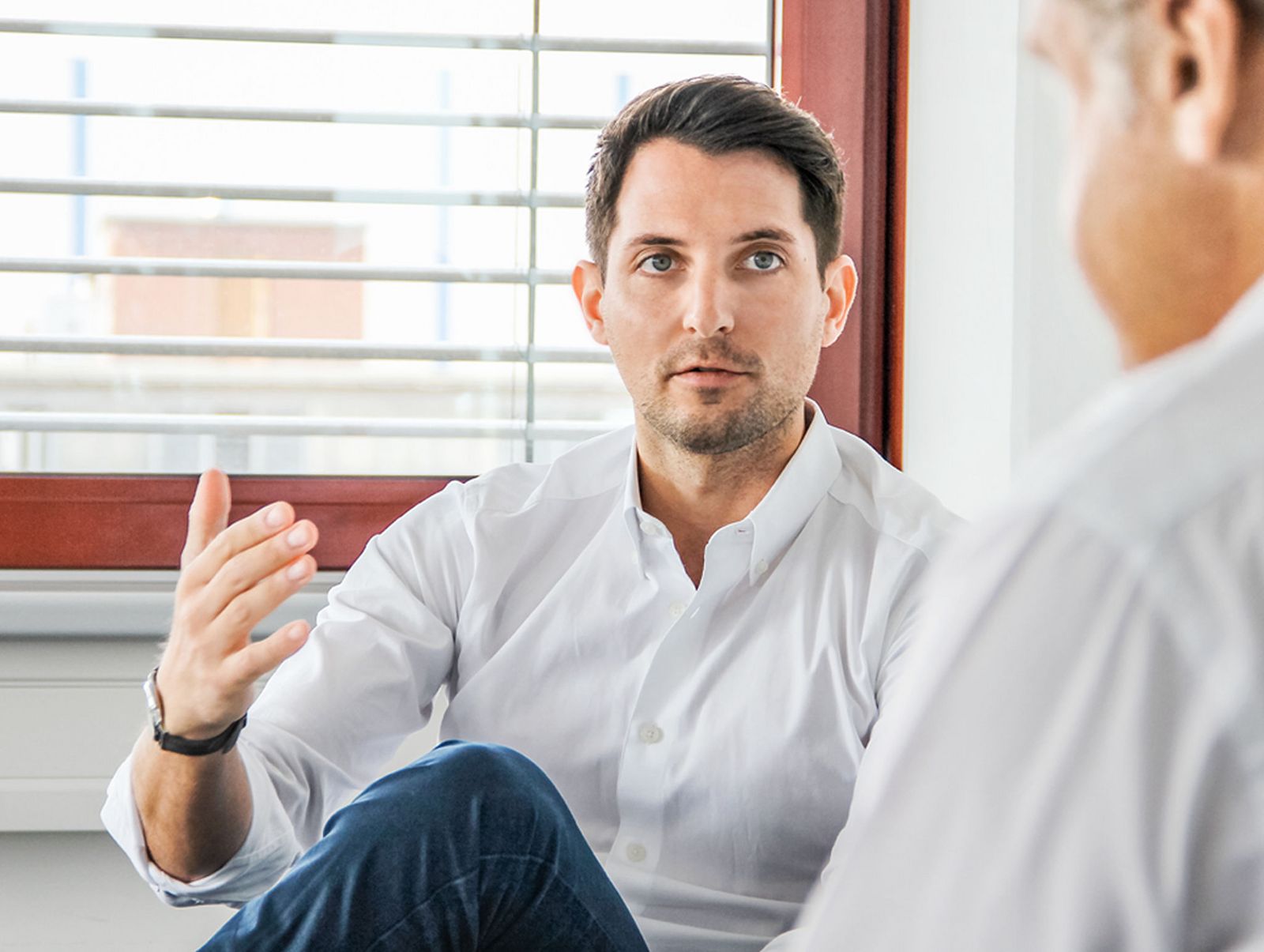

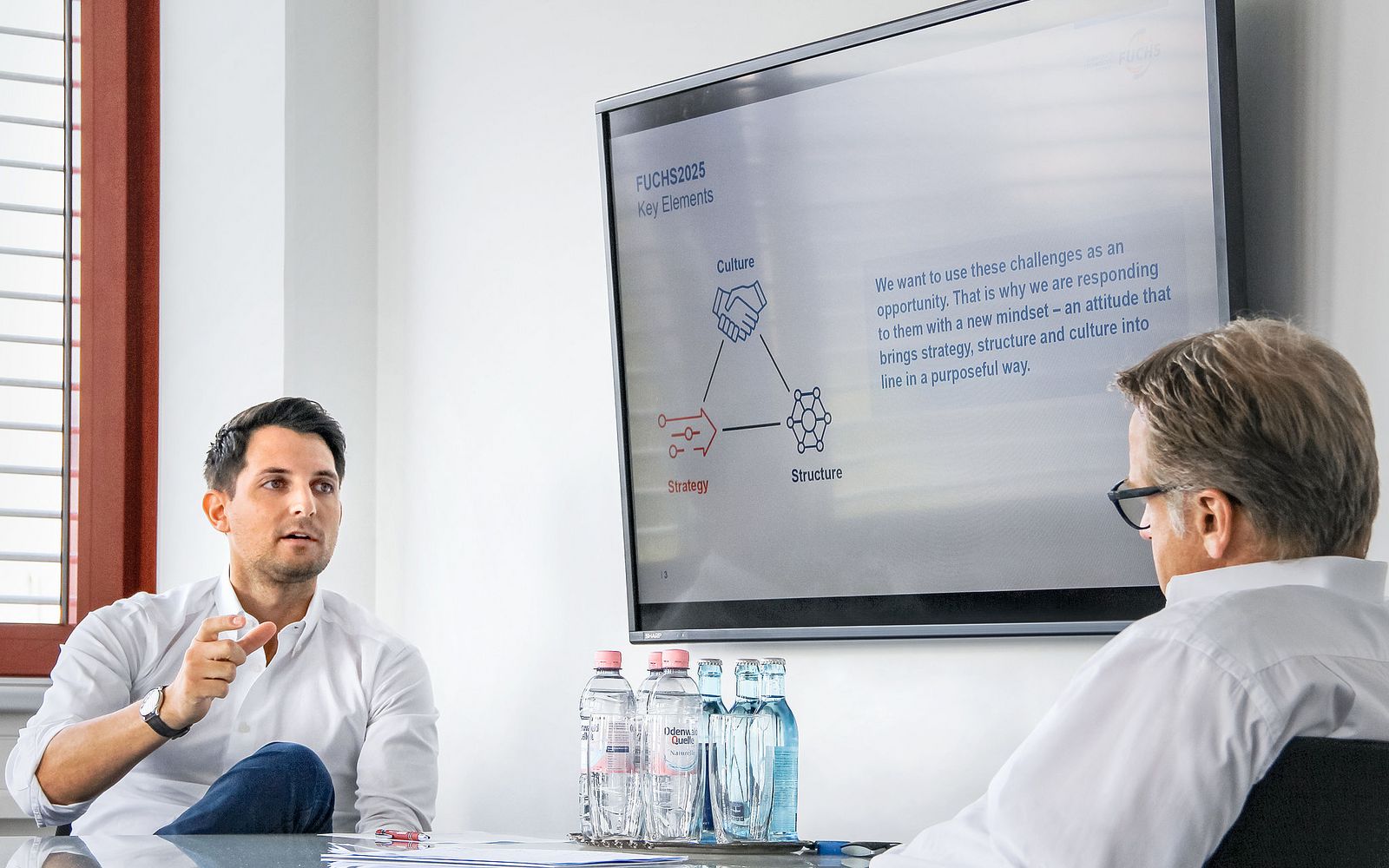
All of FUCHS' targets were cast in six so-called strategic pillars with FUCHS2025. They represent the foundations of the FUCHS2025 strategy and serve as a direction of orientation for strategic actions in the company – actions that pursue a specific vision: “Being first choice” for customers, partners, and employees.
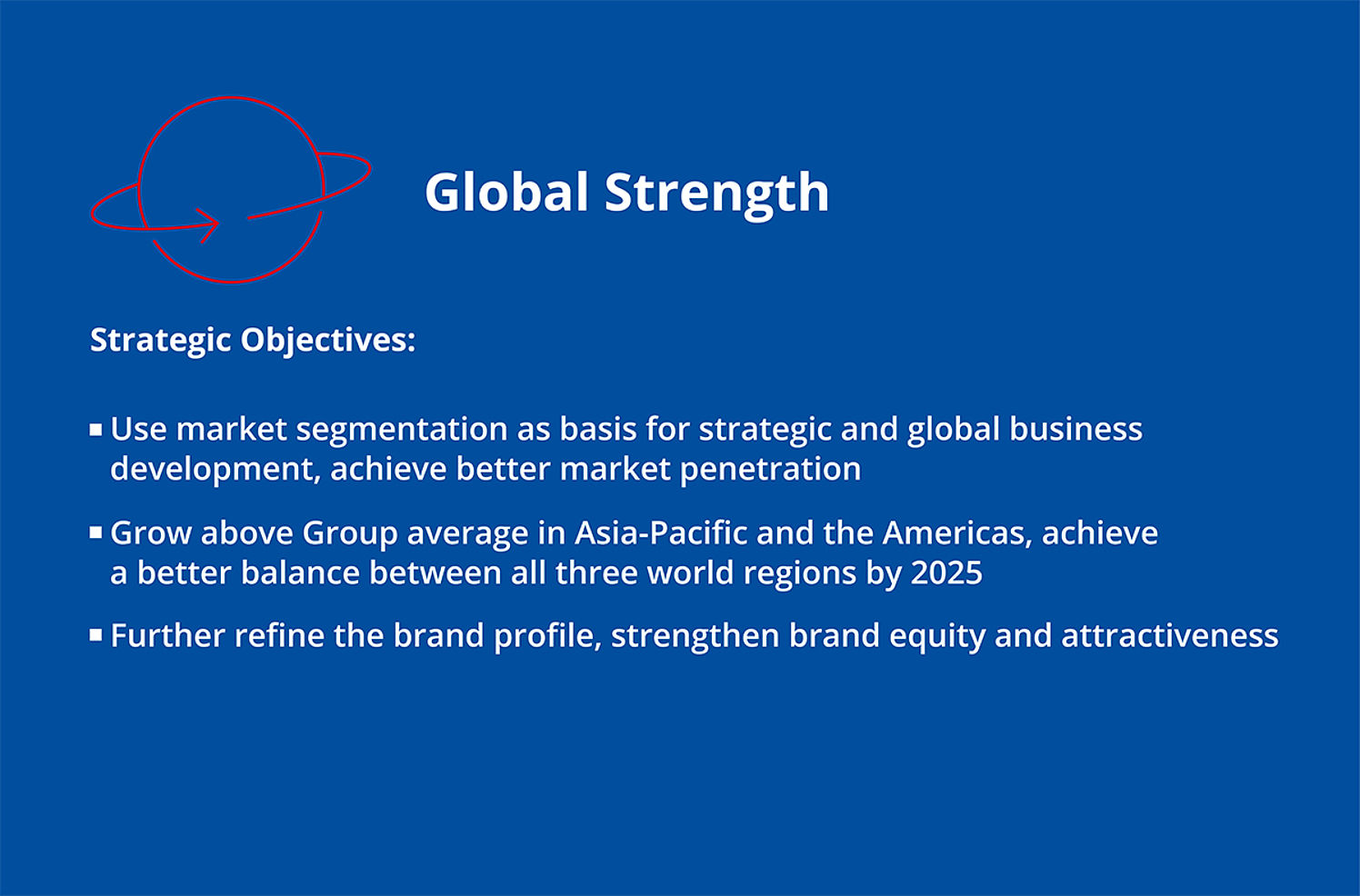
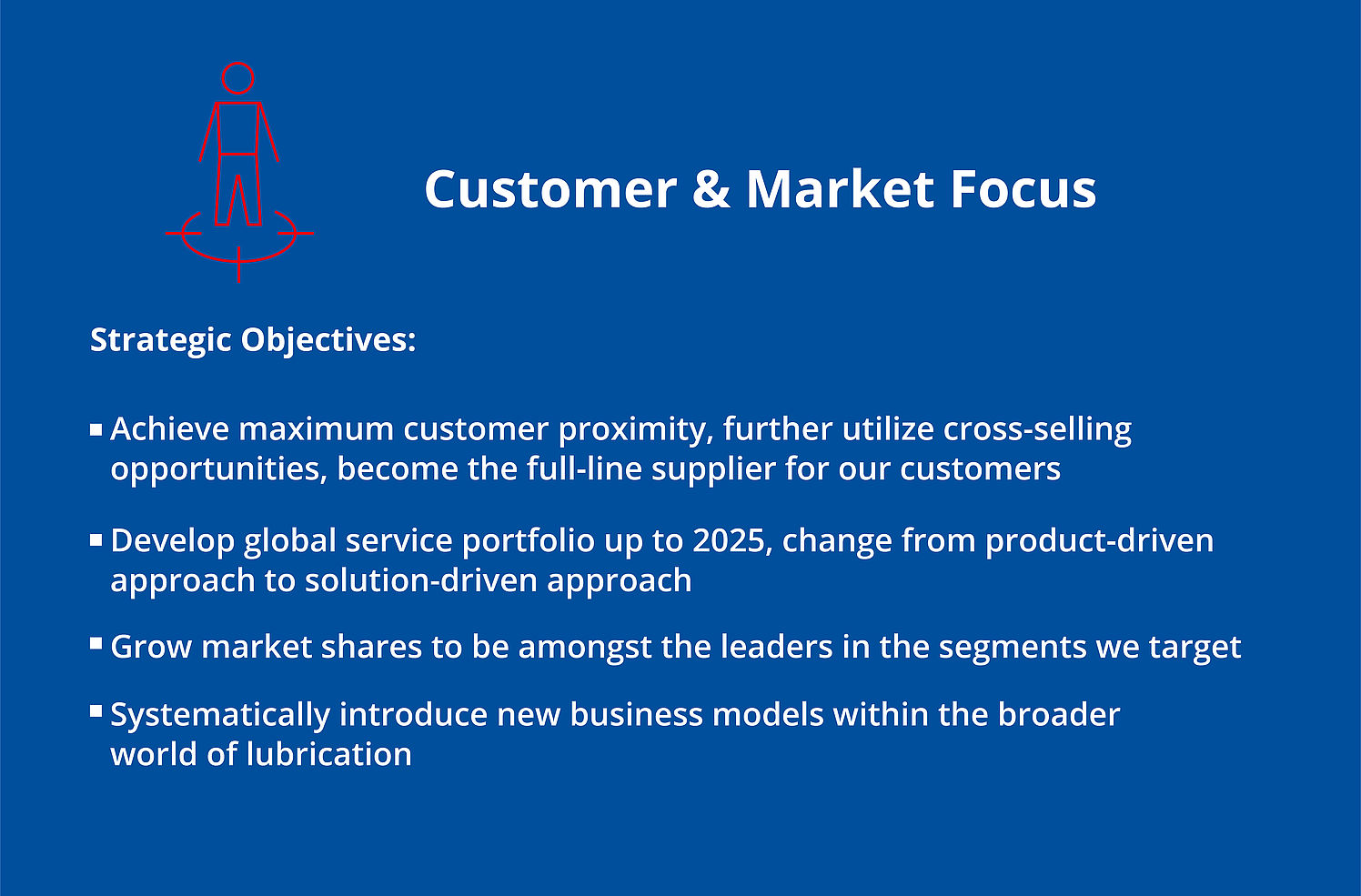
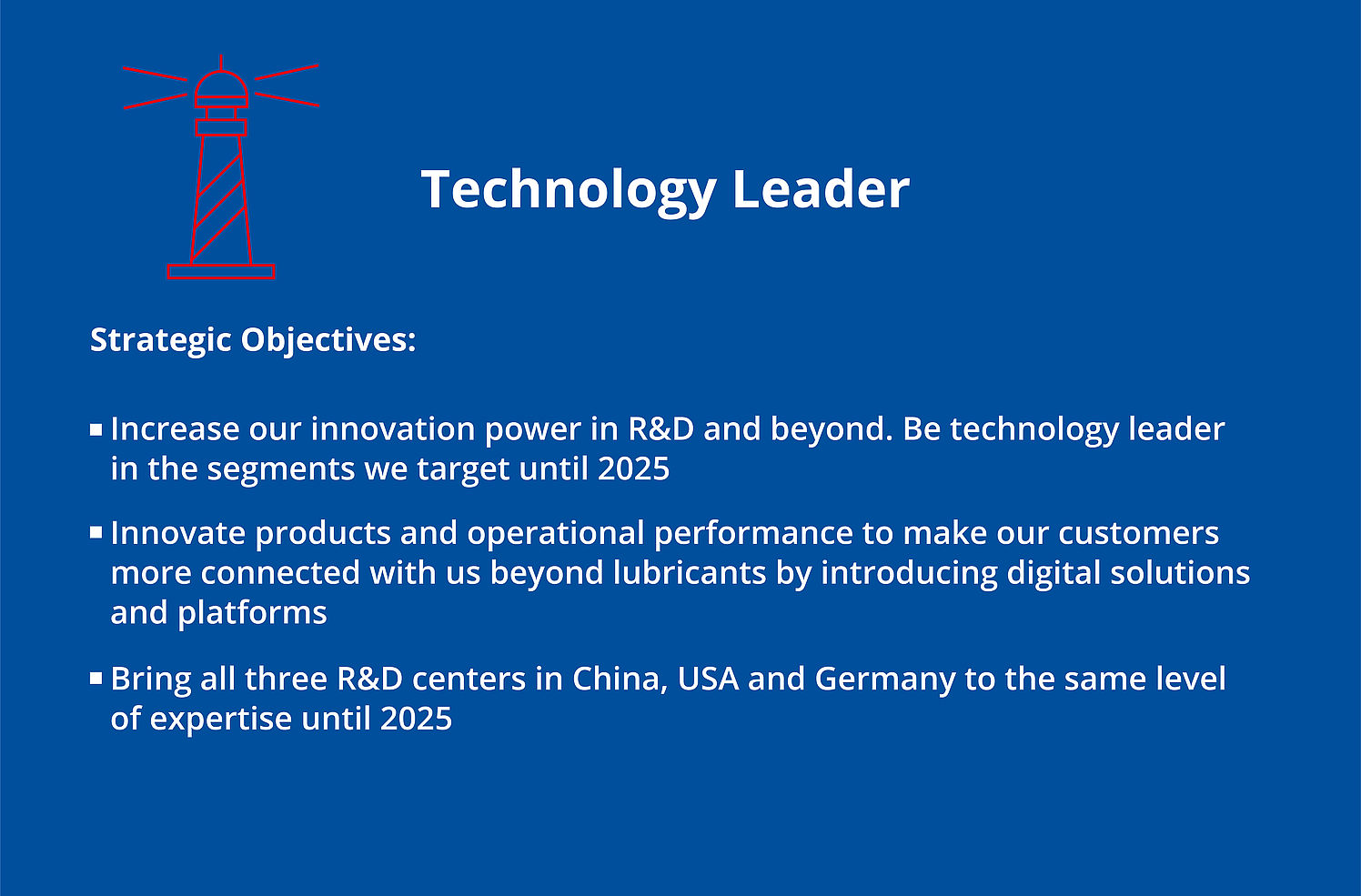
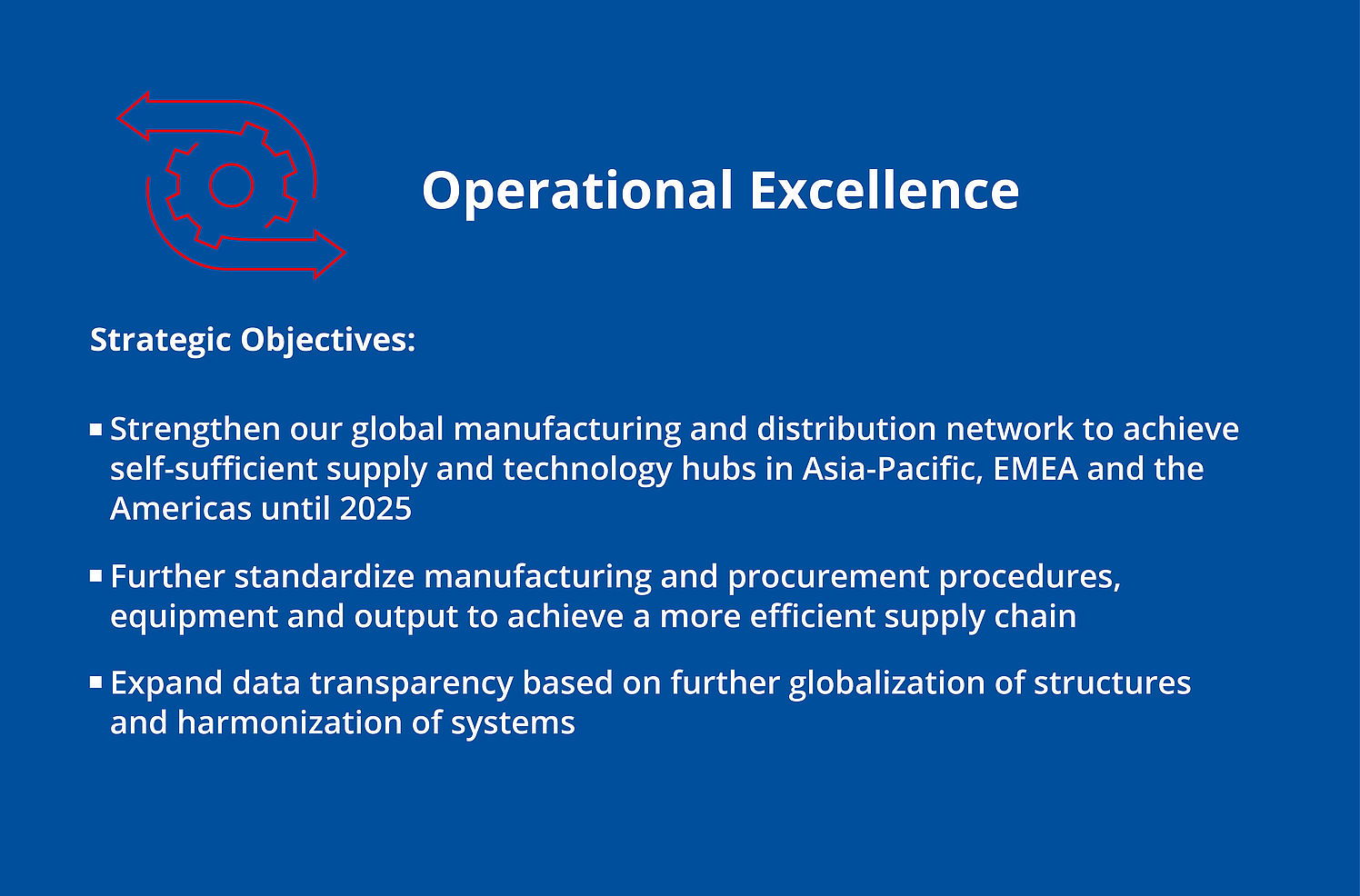
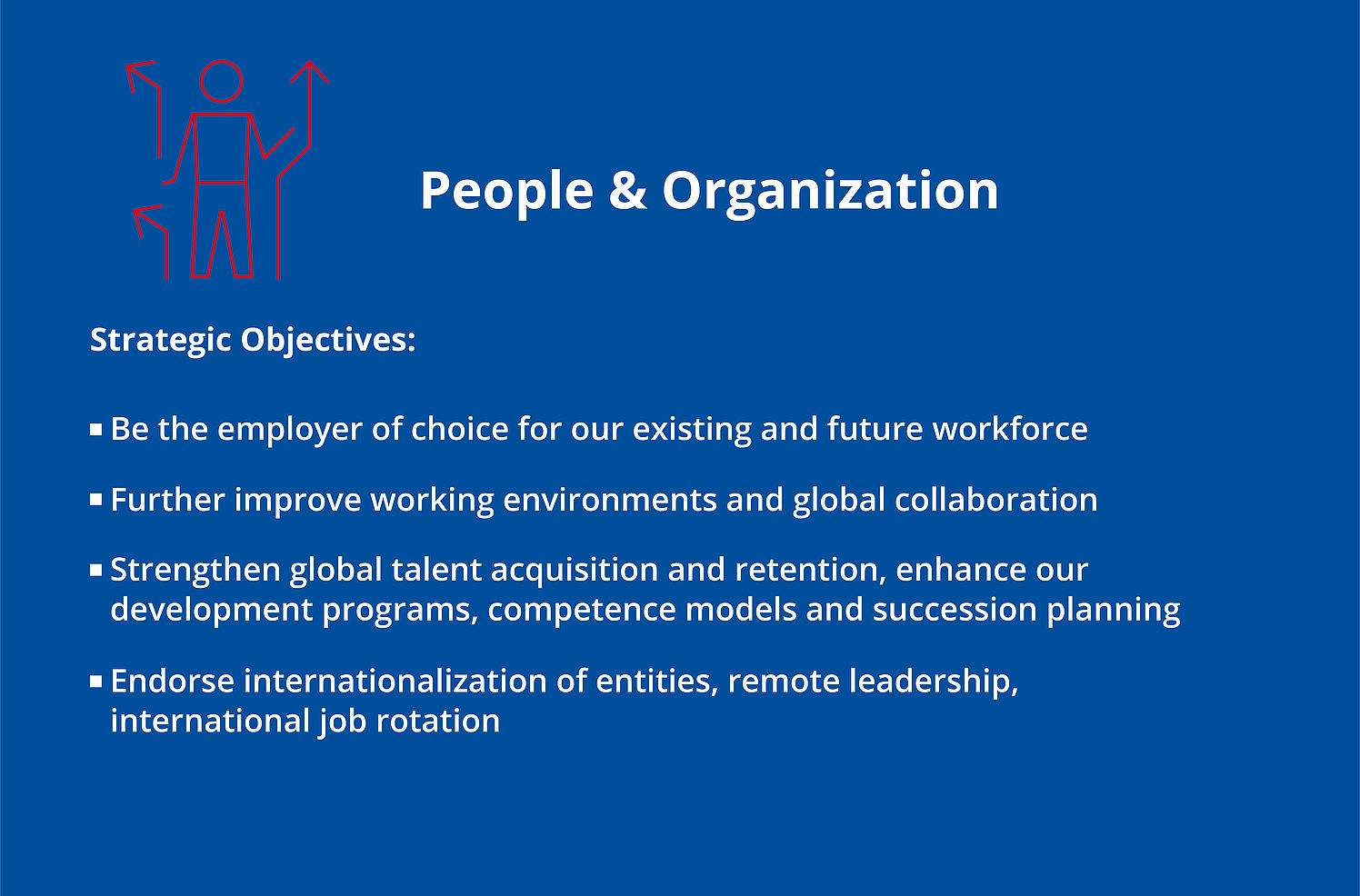
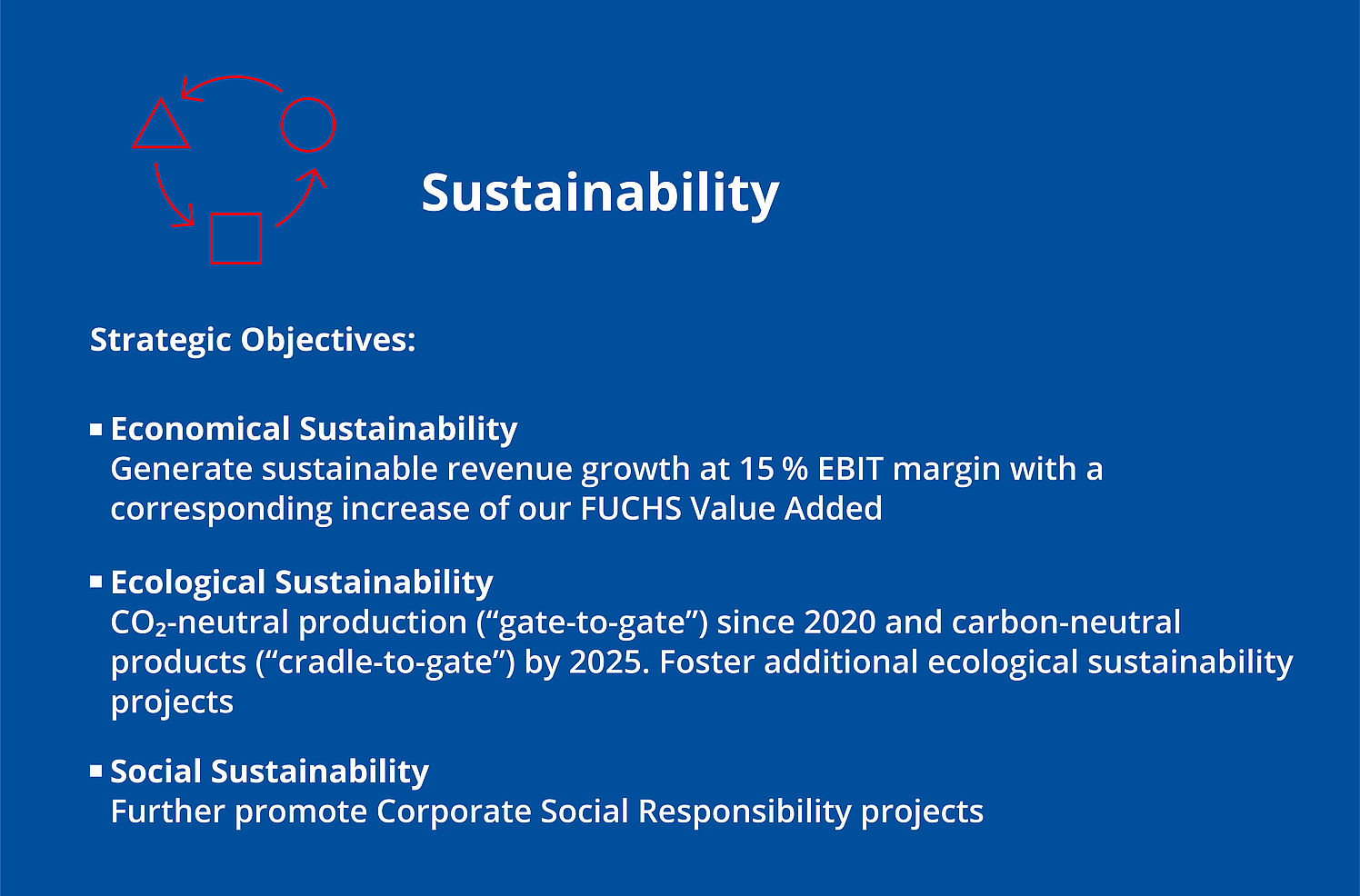
Will the strategy also involve structural changes?
Stefan Fuchs: Yes, and these will be strongly driven by the topic of “customer and market orientation”. After all, we have taken the step from local concentration on sectors such as automotive, mining, industry, or specialties toward a more segment-based view of the market. This means that we have defined segments which we serve worldwide. As such, we no longer see the world exclusively through “product glasses”, but rather recognize customer requirements in a more integrative way and cater to them accordingly.
How exactly does this work?
Rouven Acquaviva: Let us imagine an industrial bakery that needs lubricants for its food processing equipment. We supply these lubricants. However, the company also needs engine oil for its fleet of vehicles – which we are not yet supplying, as the employee that sells the lubricants for foodstuff applications is not responsible for engine oil sales. But if we now create a “Food” segment, the employee from this segment can offer the bakery everything it needs, including engine oil. This example can then be extrapolated to other areas. After all, we actually offer far more products than just lubricants for foodstuff applications or engine oils and these are likely to be of relevance for a large-scale bakery of this kind. Our product portfolio is very broad, which is one of our strengths. We can supply everything worldwide.
Stefan Fuchs: We will now be playing far more to this strength. By adopting a segment-based approach, we are positioning ourselves so that we can serve customers with our full range of products, not only certain parts, in their segments and all countries that are important for us.
Does this mean that you were previously not able to respond to certain requests in various countries?
Stefan Fuchs: Correct. In the past, the general direction of travel for the subsidiaries was to grow and make profit. It was perfectly OK for us if they chose to focus on certain sectors, whether automotive, mining, industry, or specialties. Our objective with the segmentation of the market according to customer requirements is to offer our entire product portfolio everywhere – in other words, to achieve better market penetration.
FUCHS has divided the market into global segments that can be served worldwide. These, for example, include the automotive sector, the food industry, or cement and glass production. Besides these, there are also subsegments which are not relevant throughout the world and are therefore served on a local basis.
Do you have employees who are responsible for these segments?
Rouven Acquaviva: Yes, the “Heads of Global Business Segment”. They support our people on the ground – with customer contacts, product information, and similar. They know the requirements, processes, and concerns of the customers and bear global responsibility for their segment. As strategic sparring partners for the foreign subsidiaries, they work together with these to develop a revised strategy for their specific segment. We can also build on the strong local teams we already have in place here.
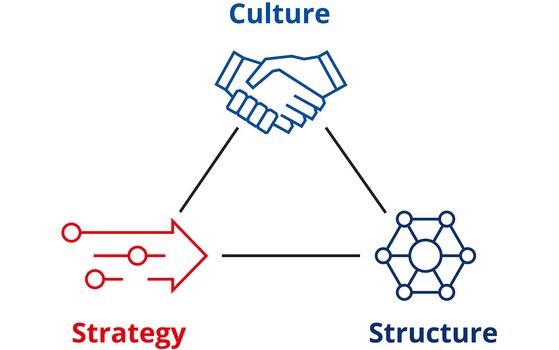
The core objectives are to be met with measures relating to the strategy, the structure, and the culture of the company: customer-oriented organization, a global perspective, and profitable growth, as well as communication beyond hierarchies and a culture of open feedback.
Besides strategy and structure, FUCHS2025 also includes a cultural component. What does this involve?
Rouven Acquaviva: Even the best strategy will not deliver us any benefits if we are not able to implement it. At the implementation level, our focus is clearly on the culture we have within the company. As things stand today, this culture is not yet as uniform and open as it could be.
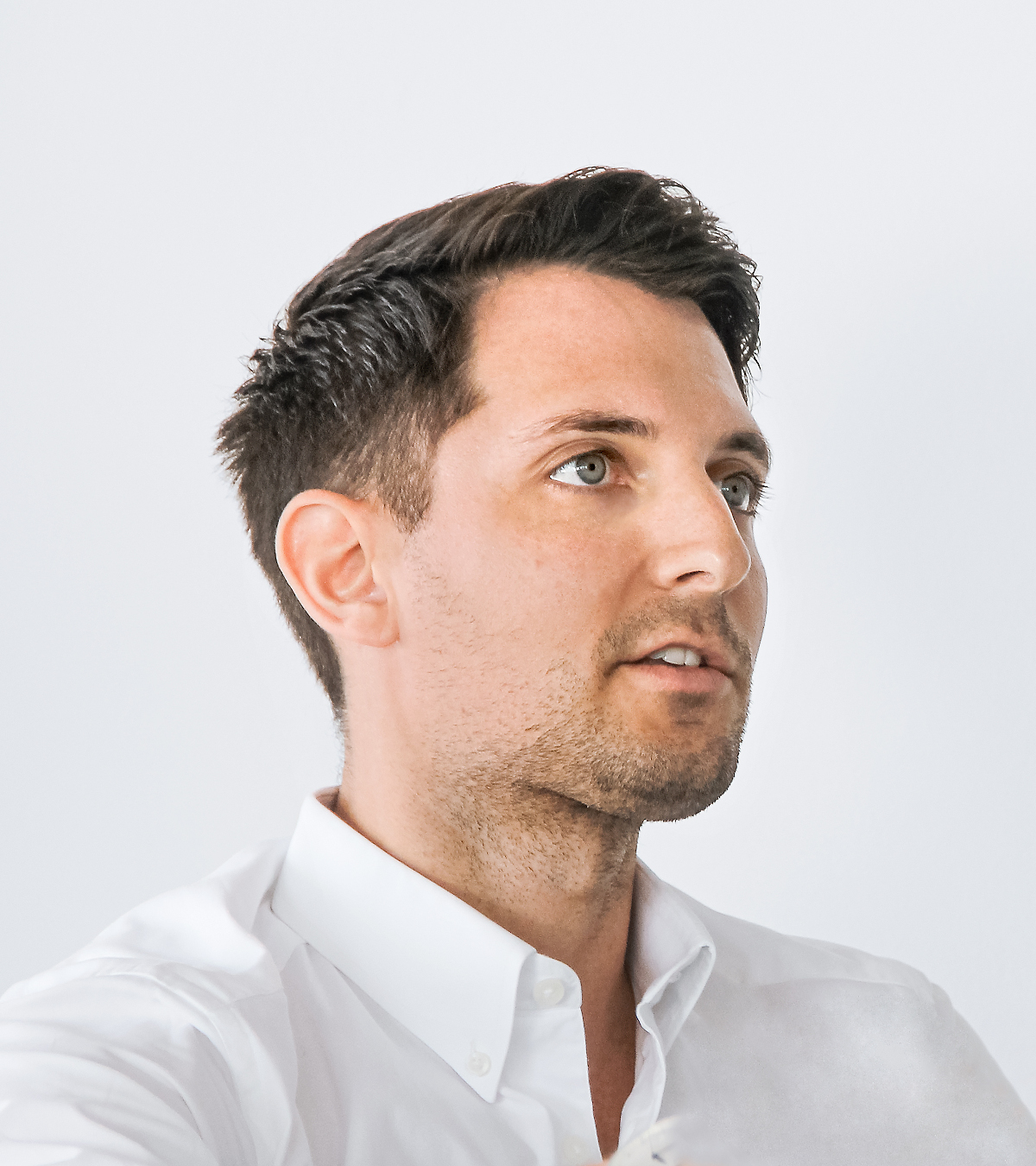
“It was extremely important for us that nobody would simply be forced to accept a ready-baked strategy. We developed it together. As such, everyone can now get behind the results.”
ROUVEN ACQUAVIVA, HEAD OF STRATEGY DEVELOPMENT
A uniform corporate culture? Didn't FUCHS used to pride itself on the fact that it had local cultural roots throughout the world?
Stefan Fuchs: Our local roots are among our greatest strengths and this will not change. However, anyone seeking to do business in China needs to adopt a different approach than in the US, Germany, or Brazil. Despite this, the FUCHS culture, in other words, the way in which we work together in the company, should be uniform – global. Otherwise, we will simply not be able to hit the targets that we have set ourselves with the new strategy at our global company.
Why not?
Stefan Fuchs: To play more effectively to our global strength and develop technologies more quickly, we need international teams that, for example, include employees from Korea, Brazil, China, Germany, and the USA and work on specific subject areas outside the boundaries of the hierarchy. As things stand with the present culture at FUCHS, these kinds of teams are not yet working as effectively as they could. Too much information is often still being channeled via superiors, which is far too cumbersome.
So what will this new culture look like?
Rouven Acquaviva: In short, we want to establish hierarchy-free communication and a culture of open feedback.
How do you plan to establish this culture?
Stefan Fuchs: For example, with feedback training sessions and by developing our soft skills. But in principle, this culture is already in our DNA, the foundations for our business activities. Entrepreneurial spirit has always been one of our fundamental characteristics. Every single employee at FUCHS assumes responsibility for the company. Leaving behind traditional hierarchies and assuming new responsibility in project teams is therefore a good fit for us.
The development of FUCHS2025 took place in an international “Strategy Dialogue” team. Beside Rouven Acquaviva, this team comprises 14 colleagues: the three CEOs of the major foreign subsidiaries in Germany, China, and the US, representatives from the regions of India/South-East Asia, Central and Eastern Europe and South America, global R&D staff, Supply Chain Management, Product Management, IT and Finance, as well as representatives of the three divisions “Industry”, “Specialties”, and “OEM/Mining”.
So, FUCHS2025 was developed entirely in consultation within the company. What was this like?
Stefan Fuchs: FUCHS is a reflection of the worldwide markets and culture. Our foreign subsidiaries have traditionally always been highly autonomous. They are responsible for their own business, including customer contacts, sales revenues, costs, research and development. Accordingly, they are strongly influenced by their own national perspectives. When we all got together for the first time to start work on developing our strategy, various ideas on how to advance the common organization were expressed. This led to some rather heated discussions.
Rouven Acquaviva: It was therefore extremely important for us that nobody would simply be forced to accept a ready-baked strategy that was developed at the HQ. In the “Strategy Dialogue” team, we got all relevant stakeholders together around a table and then developed the strategy together – on our own and without the help of external consultants. As such, everyone can now get behind the results.
Stefan Fuchs: And one thing that is really important: we took matters into our own hands, which is typically FUCHS.
A strategy is nothing without the people that give it life – no matter where in the world.
